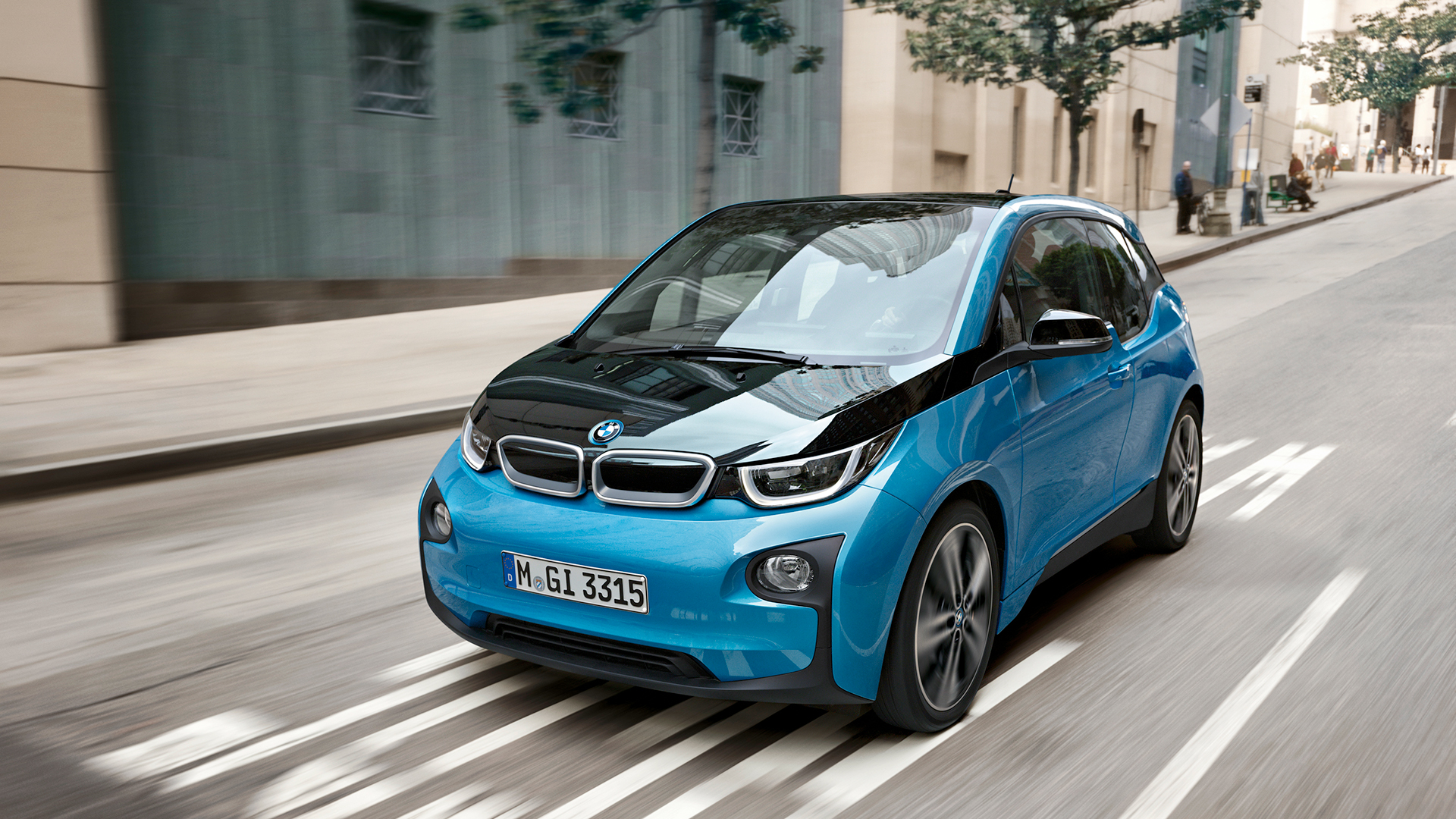

BMW’s i division, created as the carmaker’s go-to source for electric cars, is making a sharp turn, according to Reuters. Instead of focusing on plug-in hybrids and electron-powered rides, BMW i will now be dedicated towards developing self-driving vehicles.
The news comes straight from the mouth of BMW board member Klaus Froehlich, who is in charge of development for the company. In an interview at BMW headquarters, Froehlich told Reuters he retargeted the i division towards autonomous vehicles back in April.
“It is now in [the] ramp-up stage,” he said. “We call it Project i Next.”
The move comes as BMW’s i division grapples with a series of issues. While the division came out of the gate strong with the i3 subcompact and the i8 sports car several years ago, neither car has proven an explosive success. In 2015, the i3 was outsold not just by well-known EVs like the Tesla Model S and the Nissan Leaf, but by the likes of the Mitsubishi’s plug-in hybrid Outlander and the China-only BYD Qin PHEV, too.
In addition, the division was hit with a slew of defections earlier this year. Four senior members of the BMW i team, including the designer of the i8 and the manager of the department’s powertrain group, left the Bavarian Motor Werks in their collective rearview for greener pastures at Chinese EV startup Future Mobility.
As things currently stand, BMW’s next electric vehicle—which former BMW i head of product Henrik Wenders, who has also since left for Future Mobility, implied would be a family car of some sort—is not expected to reach production until 2021. In that time, Audi and Porsche are expected to each launch electric vehicles of their own—the Q6 e-tron SUV and Mission E sedan, respectively.
The i division will still work primarily with electric cars, Reuters reports, but it will now be dedicated to finding ways to let them drive themselves. With a self-driving vehicle, Froehlich told Reuters, BMW could venture into the rapidly-growing ride-sharing market without having to worry about hiring goofy meat sacs to pilot the cars around. That could give the carmaker a leg up on the likes of Uber and Lyft…
…well, if those car-sharing companies weren’t working on self-driving cars of their very own.